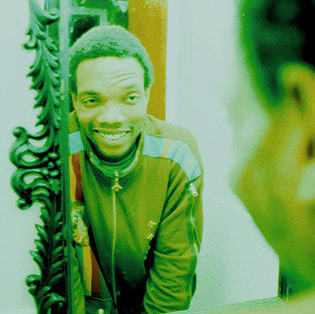Polyamory is something that’s not like anything else in the world, as far as relationships go. We hardly ever see examples of polyamory in movies or music, and we don’t learn anything in school about the lifestyle, or much less basic sex education.
As a result many people are engaging in a trial-and-error process when it comes to how they practice polyamory. Some people have taken their relationship connections to a professional level, and are conducting sex work and prostitution, but for the most part, people aren’t really guided by others on how to share their heart and soul with others, so it’s quite possible to mess things up in the world of polyamory.
Obviously, there’s the problems of not keeping one’s word or being unsafe, or doing things outside the sexual boundaries that are agreed upon (this happens more often than anyone knows, because it’s not confessed or admitted.) Another common issue has individuals lying about how many partners they have or about actually being polyamorous. These are dysfunctional actions that do not promote healthy polyamory connections for anyone.
Not all relationships are salvageable, but if there is a path forward, it includes apologizing and taking full responsibility, not to mention forgiveness from second or third parties.
There are levels to this forgiveness business. Everyone has their own standards, reasons, and boundaries for what and who they will forgive. And this is understood personally in ways that I can’t fully describe. I had a lover for six months before I misgendered them. It was my first transgender relationship, and they left the entire relationship for a few days and threatened to never return. I was extremely shocked, but I did not judge their reaction.
Some people have different red-zone boundaries. In situations that aren’t quite so perilous to the relationship, there are different ways to look at your patterns in polyamory and to respect your partner(s) and take responsibility for the wrong actions, selfish behavior, or lack of communication that has resulted in a need for forgiveness before moving forward, together.
It may take time for someone to take the space to quiet their ego or take stock of their personal problems and to take the proper approach to show up and say I’M SORRY for what I did. And one thing that I always live and act through in my words is: I’M SORRY means I will NOT do that action again. Sorry isn’t just a word that is supposed to minimize someone else’s pain or soften the blow when the behavior happens again.
Of course there are unforgivable actions for each individual. And there are forgivable actions that don’t take much time to heal, and those that can take years. There is forgiveness that requires words alone, and forgiveness that requires words and actions if not more. Dealing with conflicts in polyamory relationships is challenging, for everyone.
Polyamory’s apologies need to be thought out, because the relationships are so unique and untraditional. Most of us have had to apologize at one time or another, and will again, but it doesn’t guarantee forgiveness. If your lover or lover’s lover is apologizing to you, please try to keep an open mind towards forgiveness. After all, polyamory is about learning and loving as we go.
Thank you,
Addi Stewart


Tell us what you think